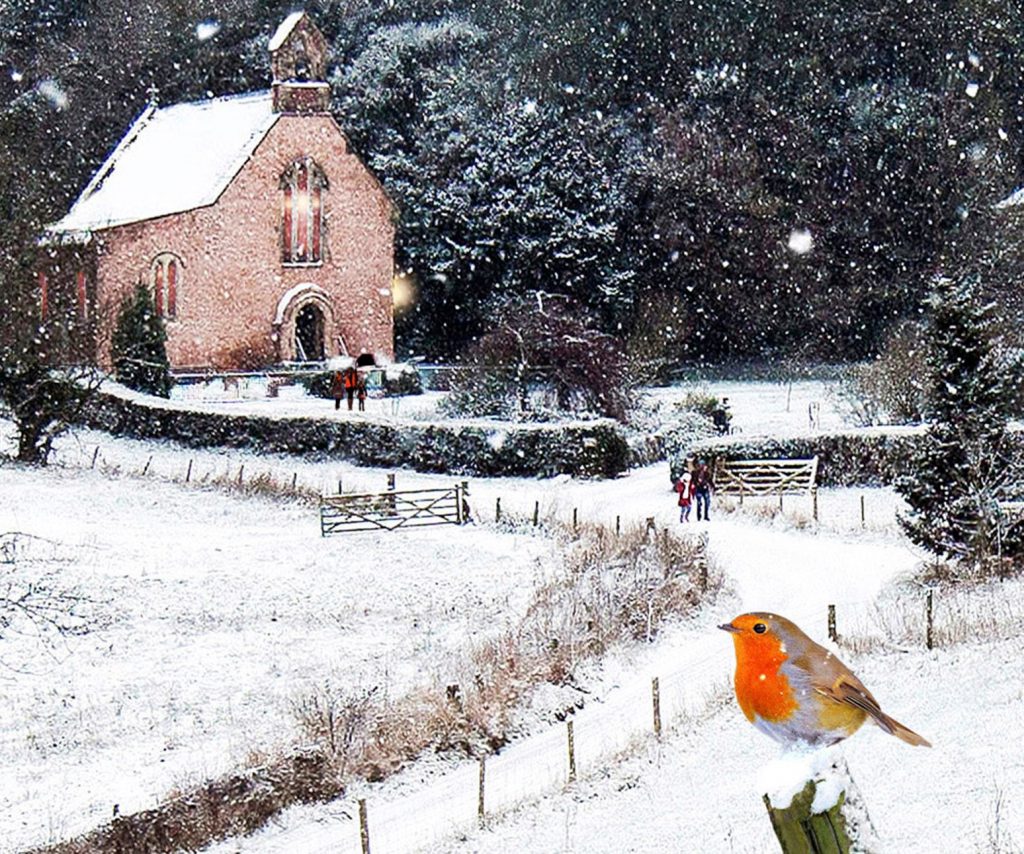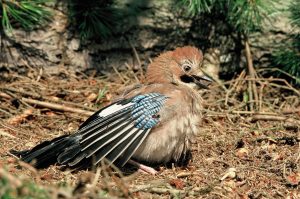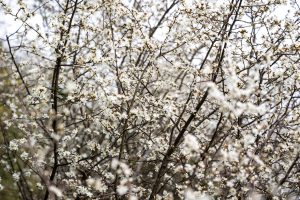Food for thought
The shortest day of the year is not far away and after midwinter solstice on the 21st of this month, day length slowly starts to increase again. Then we have Christmas to raise our spirits and a New Year to celebrate, hopefully bringing better times ahead. But spare a thought for the natural world because this is one of the toughest times for our wildlife to survive. And surely if a tiny wren can find food and shelter in the worst of our cold wet winter weather, then our own daily challenges do not seem so hard to muddle through. What we need is a distraction!
'When the North Wind doth blow' is one of our oldest and
best remembered childhood rhymes. But just how old? The clue is in the word
'doth' which takes us back to the 16th century. Here in the UK we are spoilt
for heritage and in Devon, (other counties also available), we have much to
offer. Here within a short drive, it is possible to find more than a hundred
thousand years of prehistory. From caves containing the bones of fierce great
creatures just a stone's throw from a busy dual carriage, to one of the world's
best preserved Bronze Age landscapes on Dartmoor. Yet if that does not blow your mind, spare a
thought for some of our best loved wild neighbours. Ones that provide endless
hours of free entertainment and probably hopped around after our ancestors .
While a small bird may not seem very exciting, their origins are enough to
ignite the mind of any child and astound grownups. We now know our feathered
friends are in reality dinosaurs in disguise.
Yet surprisingly children are still taught that dinosaurs
are extinct. Not true. To be nit-picking only non-avian dinosaurs died out.
Every day their close kin thrive to thrill and delight us. At this time of the
year hooting tawny owls echo in the dark, giving way at dawn to the excited
chatter of foraging long tailed tits, surely one of our most attractive little
visitors. Each day they descend on our peanut feeder, not so much as a ravenous
hoard but as busy, bustling little balls of feathers. More precisely they are not
so much a million miles from their monstrous ancestors, just some 65 million
years.
The fact is we still share our world with the descendants of
avian dinosaurs and the lack of leaves on trees make them easier to see. Birds
play an important part in our lives. While the robin is a popular symbol of our
festive season, so too is another much larger bird. At the centre of our
Christmas feast many of us have ordered a turkey so in reality we will be tucking
into a dinosaur. Now that really is food for thought!
Andrew Cooper



